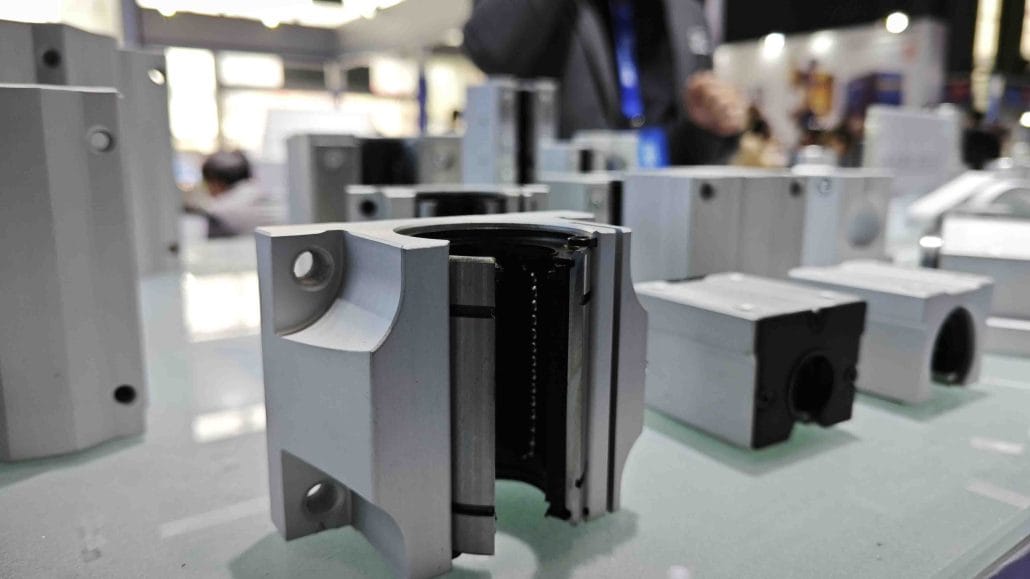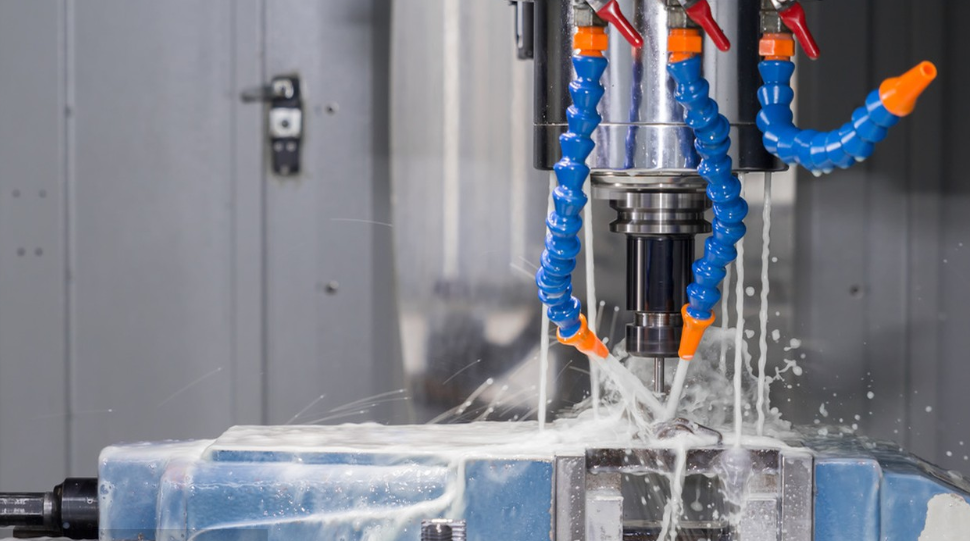This article discusses the factors that affect the cost of CNC machining and provides tips on how to save costs without compromising on quality. CNC machining is a widely-used manufacturing process that involves creating precise parts and components using computer-controlled machines. While this process offers a high level of precision and accuracy, it can also be a costly process. Therefore, understanding the factors that affect the cost of CNC machining and how to save costs can be critical for businesses in many industries that rely on this manufacturing process.
Factors Affecting the Cost of CNC Machining
Material Costs
The cost of the material used in CNC machining can significantly affect the overall cost of the process. The price of materials can vary depending on the type, size, and quantity required. For example, exotic materials like titanium or tungsten can be significantly more expensive than aluminum or steel.
Machine Time
The amount of time it takes to machine a part or component is another important factor that affects the cost of CNC machining. The longer the machine time, the higher the cost. This can be affected by the complexity of the design, the type of material, and the tolerances required.

Complexity of Design
The complexity of the design of the part or component can also impact the cost of CNC machining. A more intricate design may require more machine time, which can increase the cost. This can include geometric features, tight tolerances, and intricate details.
Quantity of Parts
The quantity of parts needed can also affect the cost of CNC machining. Ordering larger quantities can often result in lower costs per part, as the setup costs can be spread over more parts. However, it is important to consider the storage requirements and potential waste when ordering in bulk.
Tolerance Requirements
The tolerance requirements for the part or component can also impact the cost of CNC machining. Tighter tolerances may require more precise machining, which can increase the cost. This can be affected by the material, the complexity of the design, and the required accuracy.
Tips to Save Costs in CNC Machining
Material Selection
Choosing a less expensive material can help reduce the cost of CNC machining. However, it is important to ensure that the material meets the required specifications. For example, using aluminum instead of titanium can significantly reduce the cost without compromising on quality.
Design Simplification
Simplifying the design of the part or component can help reduce machine time and, therefore, lower the cost of CNC machining. This can involve removing unnecessary features, reducing the number of parts, and optimizing the design for the manufacturing process.

Order in Bulk
Ordering larger quantities of parts can result in lower costs per part. This can help spread the setup costs over more parts, reducing the overall cost. However, it is important to consider the storage requirements and potential waste when ordering in bulk.
Tolerance Relaxation
Relaxing the tolerance requirements for the part or component can help reduce the cost of CNC machining. However, it is important to ensure that the part or component still meets the required specifications. This can involve reducing the accuracy required, or allowing for wider tolerances.
Choose the Right CNC Machining Service
Choosing the right CNC machining service can help reduce costs. Look for a company that offers competitive pricing and has a good reputation for quality and reliability. This can involve comparing quotes from multiple suppliers, reading reviews, and verifying the certifications and capabilities of the supplier.
In conclusion, the cost of CNC machining can be affected by several factors, including material costs, machine time, complexity of design, quantity of parts, and tolerance requirements. By understanding these factors and following the tips provided in this article, you can save costs in CNC machining without compromising on quality. Whether you are a small business or a large corporation, these tips can help you optimize your manufacturing process, reduce your costs, and stay competitive in your industry.

FAQ
CNC machining is a manufacturing process that uses computer-controlled machines to create precise parts and components. The machines are programmed to move and cut the material according to the design specifications. The process involves the use of various tools, such as drills, lathes, and mills, to remove material and shape it into the desired form. CNC machining is widely used in many industries, including aerospace, automotive, and medical.
Yes, CNC machining can be used for both prototyping and production. It is a versatile process that can create parts and components in a range of materials and quantities. CNC machining is often used for prototyping because it offers a high level of precision and allows for quick design iterations. Once the design is finalized, CNC machining can also be used for mass production.
While CNC machining can create parts and components in a range of sizes and shapes, there may be limitations depending on the specific machine being used. Some machines may have limited travel or spindle speeds, which can limit the size and complexity of the parts that can be produced. It is important to consult with your CNC machining service to determine the capabilities of their machines and any limitations that may affect your design.
Common materials used in CNC machining include metals such as aluminum, steel, and brass, as well as plastics such as ABS, polycarbonate, and nylon. Exotic materials such as titanium and tungsten can also be used, but they are generally more expensive.
The tolerances required for your parts and components can depend on factors such as the function of the part, the material used, and the manufacturing process. It is important to consult with your CNC machining service to determine the appropriate tolerances for your specific application.
In conclusion, the cost of online CNC machining can be affected by several factors, including material costs, machine time, complexity of design, quantity of parts, and tolerance requirements. By understanding these factors and following the tips provided in this article, you can save costs in CNC machining without compromising on quality. Whether you are a small business or a large corporation, these tips can help you optimize your manufacturing process, reduce your costs, and stay competitive in your industry.


